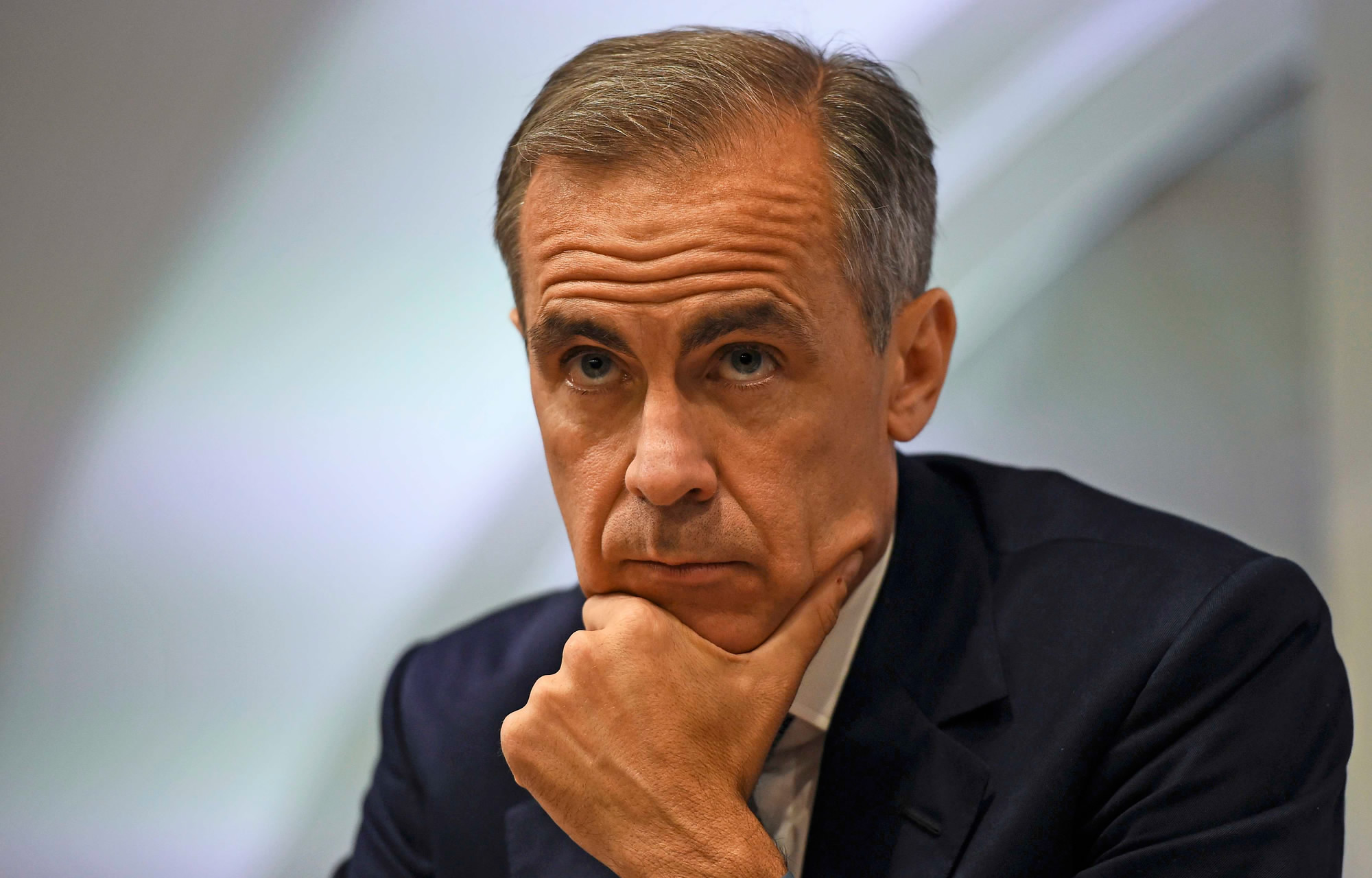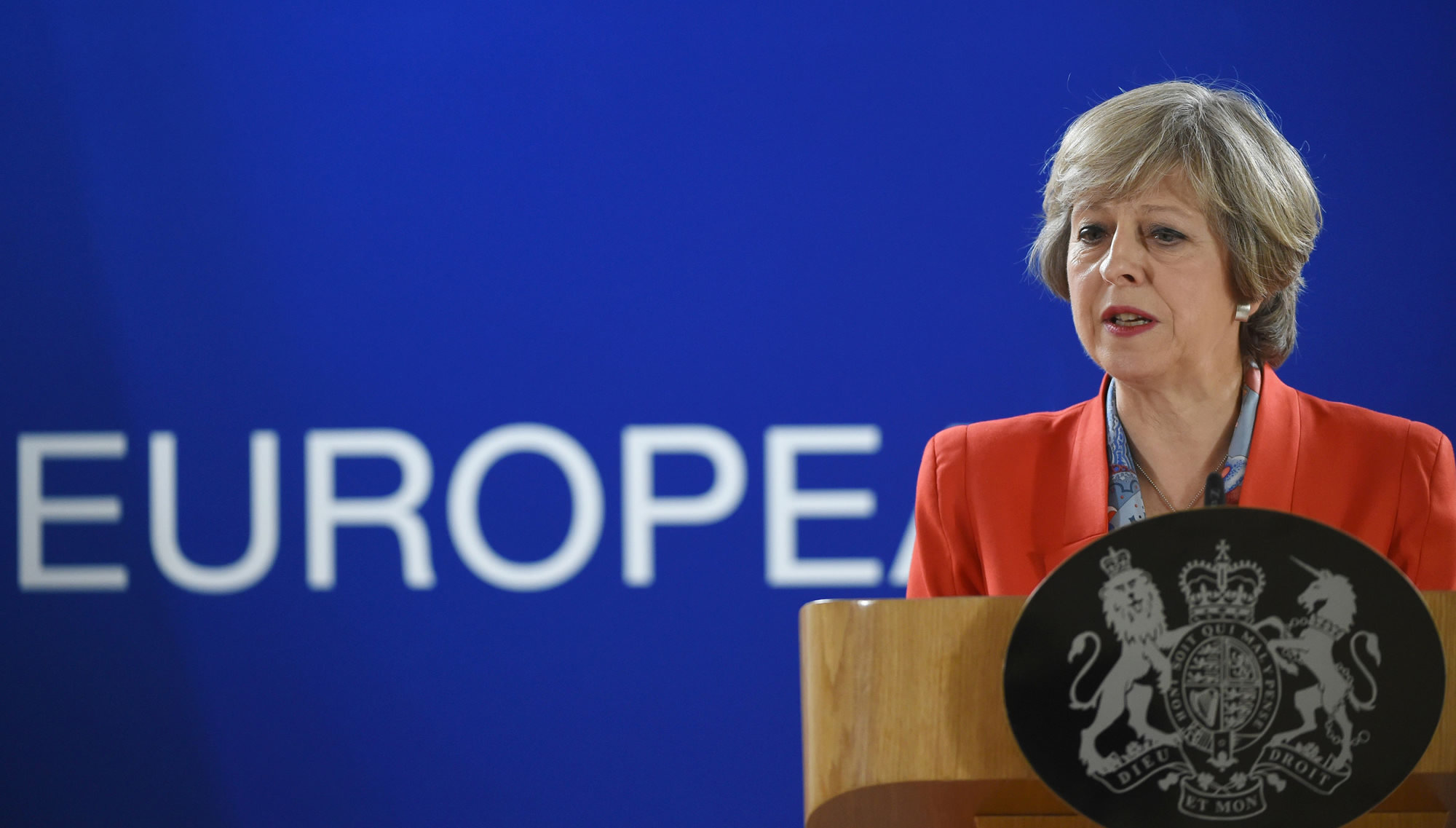
Politics
22:49, 12-Jan-2017
Brexit is no longer biggest risk to the UK
Updated
10:34, 28-Jun-2018

Bank of England governor Mark Carney said Wednesday that Brexit was no longer the biggest risk to Britain's financial stability, after a relatively smooth first few months since the vote to leave the EU.
Asked by MPs whether the June vote to leave the EU remained the most significant near-term risk, he said: "Strictly speaking, the view of the (Bank's financial policy) committee is no."
"In the run-up to the referendum we felt that it was the largest risk because there were a serious of positions and possibilities in the financial sector, things that could have happened, that would have had financial stability consequences," he said.

Bank of England governor Mark Carney pauses as he speaks during a news conference at the Bank of England in London, Britain July 5, 2016. /CFP Photo
Bank of England governor Mark Carney pauses as he speaks during a news conference at the Bank of England in London, Britain July 5, 2016. /CFP Photo
Analysts and opponents of Brexit had warned before the referendum on June 23 that a vote to leave the European Union could spark a financial crisis.
In reality, the stock markets dipped only briefly before rallying, although the pound fell by around 15 percent against the dollar and the euro over the rest of the year.
"Having got through the night, the day after, the scale of the immediate risks around Brexit have gone down for the UK," Carney told parliament's Treasury committee.

British Prime Minister Theresa May delivering a speech during a press conference on the second day of a European Union Leaders Summit on October 21, 2016 at the European Council, in Brussels. /CFP Photo
British Prime Minister Theresa May delivering a speech during a press conference on the second day of a European Union Leaders Summit on October 21, 2016 at the European Council, in Brussels. /CFP Photo
The Brexit process is in its early stages, with Prime Minister Theresa May due to start formal negotiations on leaving the EU by the end of March.
The rules set a two-year timeline for negotiations. Amid speculation that it will take longer to establish Britain's new trade ties with the bloc, there are growing calls for some kind of transitional deal.
Carney said such an arrangement was "highly advisable" to limit financial turbulence in both Britain and the rest of the EU.
(Source: AFP)
8151km

SITEMAP
Copyright © 2018 CGTN. Beijing ICP prepared NO.16065310-3
Copyright © 2018 CGTN. Beijing ICP prepared NO.16065310-3